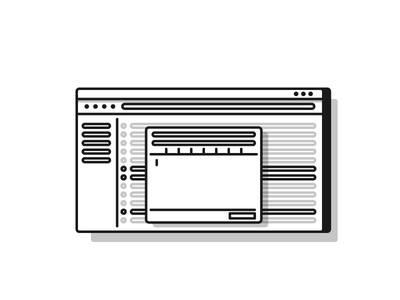What are the 10 best open source web development tools?
Choosing the “best” open-source web development tools can depend on your specific needs and preferences, but here’s a list of ten widely used and highly regarded ones:
Visual Studio Code (VS Code): This is a popular source code editor developed by Microsoft. It’s highly extensible, supports numerous programming languages, and offers features like debugging, syntax highlighting, and Git integration.
Git: Git is a distributed version control system widely used for tracking changes in source code during software development. It’s essential for collaborative web development projects.
Node.js: Node.js is a runtime environment that allows you to run JavaScript on the server-side. It’s commonly used for building scalable web applications and APIs.
React: Developed by Facebook, React is a JavaScript library for building user interfaces. It’s component-based, making it easier to manage UI elements and their states, and it’s widely used for building interactive web applications.
Vue.js: Vue.js is another popular JavaScript framework for building user interfaces. It’s known for its simplicity and flexibility, making it a great choice for both small and large-scale projects.
Bootstrap: Bootstrap is a front-end framework for developing responsive and mobile-first websites. It provides pre-designed UI components and CSS classes, making it easier to create consistent and visually appealing web interfaces.
jQuery: jQuery is a fast, small, and feature-rich JavaScript library. It simplifies things like HTML document traversal and manipulation, event handling, and animation, making it a valuable tool for web development.
Express.js: Express.js is a minimalist web application framework for Node.js. It provides a robust set of features for building web servers and APIs, making it a popular choice for developing back-end applications.
PostgreSQL: PostgreSQL is a powerful open-source relational database management system. It’s known for its reliability, robustness, and support for advanced features like JSONB data type and full-text search, making it a popular choice for web applications.
Docker: Docker is a platform for developing, shipping, and running applications inside containers. It simplifies the process of deploying web applications by providing a consistent environment across different development and production environments.
These tools cover a wide range of aspects in web development, including code editing, version control, front-end and back-end development, database management, and containerization. Depending on your specific project requirements and preferences, you may find some of these tools more suitable than others.

